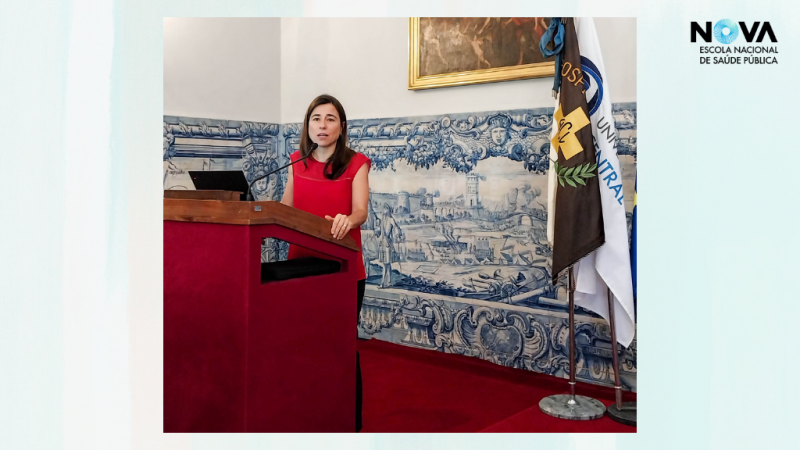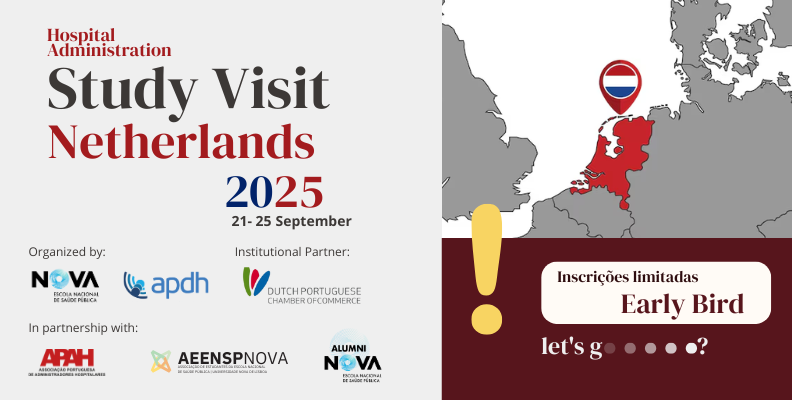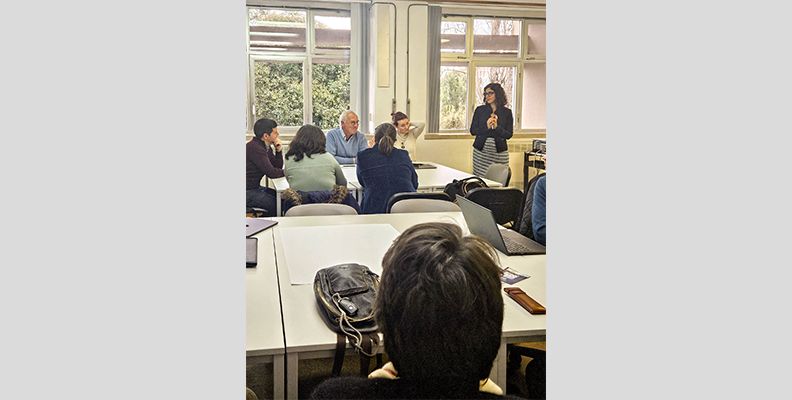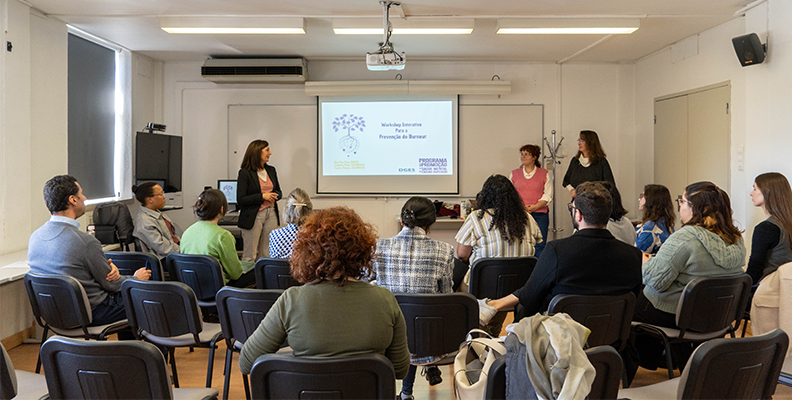The way in which Social Prescription have been implemented in Portugal has made it possible to truly involve people and take their preferences and needs into account, meeting citizens to achieve the necessary changes. This was one of the main ideas shared by the director of the NOVA National School of Public Health (NOVA NSPH), Sónia Dias, during the meeting of the Social Prescribing Portugal network, organised by NOVA NSPH and held at the S. José Local Health Unit.
The meeting brought together several Local Health Units, municipal representatives, non-governmental associations and the Agency for Integration, Migration and Asylum (AIMA), as well as Julia Hotz, author of the book “The Connection Cure: The Prescriptive Power of Movement, Nature, Art, Service and Belonging” and a journalist dedicated to issues related to health and Social Prescription.
The director of NOVA NSPH acknowledged the challenge of “operationalising initiatives that truly promote the health of the population”, but assured that the evidence that academia has gathered on Social Prescription shows that this must be the way to build a healthier society in all its various aspects. “Those who have worked for many years in health promotion and disease prevention truly believe that Social Prescription can make a difference,” said Sónia Dias, taking the opportunity to thank all the professionals involved in the project for their commitment.
For the director of NOVA NSPH, this project’s ability to adapt to different realities makes all the difference to the results. “Unlike other interventions that are rigid and force a context to adapt to its intervention, Social Prescription has immense flexibility to adapt to the needs of the contexts and even to the resources that exist in the contexts,” she explained.
This work with various partners has promoted the sustained growth of Social Prescription, based on various governance models. “What we often do is work collaboratively with the different actors in that territory to understand how best to adapt this initiative to their needs,” said the director of NOVA NSPH.
In total, there are already more than a dozen initiatives across the country, developed in partnership with more than 100 partners and with more than 1,500 people referred. From health units to third sector organisations, academia and municipalities, various models have been implemented.
In April, NOVA NSPH organised the launch of the Social Prescribing Portugal network and released the 1st Manual of the Social Prescription Portugal Network. A pioneer in this area in Portugal, NOVA NSPH has been supporting organisations and municipalities since 2018 in the design, implementation, monitoring and evaluation of Social Prescription initiatives, which are now booming in the country.
Social Prescription is an innovative approach that creates links between people, healthcare and support resources in the community to improve their health, well-being and quality of life. It is in this context that NOVA NSPH is also developing the Social Prescribing Portugal knowledge centre, with a view to boosting Social Prescription in the national context.
Social Prescription arises from a real need on the part of health professionals when they are faced with social, emotional and practical challenges from users that impact on their health and well-being, and exclusively clinical approaches are not enough to respond in a preventive and health-promoting way.
Find out more about the Social Prescribing Portugal network and NOVA NSPH’s work here.



